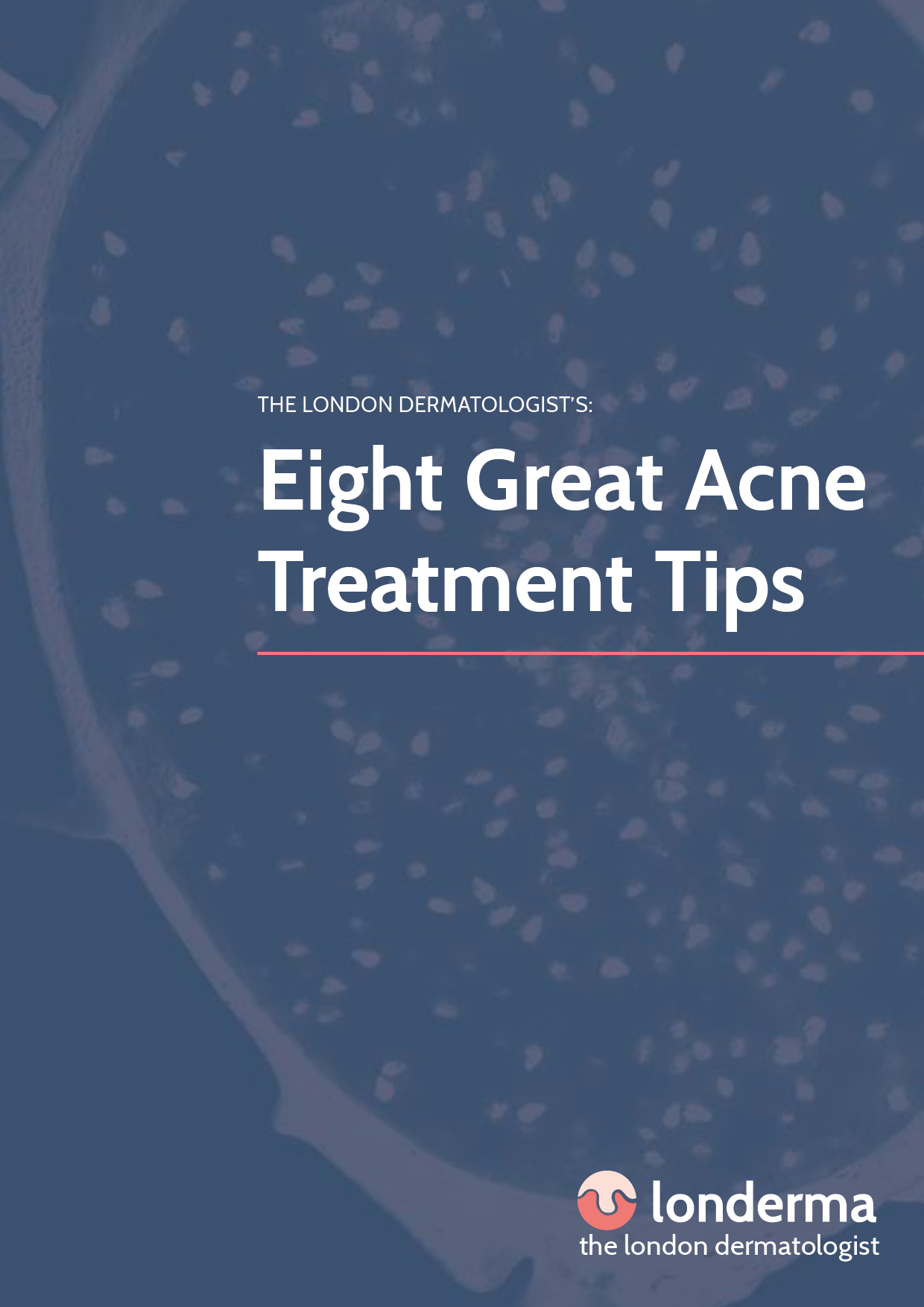Video consultations now available

Acne is not an infection and it’s not in the least bit contagious.
Well to be honest as a dermatologist, I wish we didn’t still have to rely on courses of antibiotics to treat acne. It’s a slight frustration to me that the profession and the pharmaceutical industry has not come up with alternatives to treat this common and upsetting condition. We’re trying as a doctors to reduce the use of antibiotics, but we need alternatives. The fact is that in acne they often work well and get things under control within a few weeks, especially when used with the right creams or gels. And for people who don’t respond to antibiotics or who need treatment quickly, isotretinoin (Roaccutane/ Accutane) often clears it up. But for an individual person, the antibiotics we use are usually very very safe and often cause no side effects at all.
It is not true that using antibiotics will mean that if you develop infections in future they will not work. It is also incorrect that they will damage or impair your immune system .The typical side effect of teyracyclines, the commonest antibiotic in acne, is some tummy discomfort and in women who are prone, vaginal thrush might be more common (although this is usually easily and quickly treated). What antibiotics in acne can do is significantly improve the numbers of spots – the goal is a 50% reduction at 8 weeks and over 80% reduction at 16 weeks. At that stage it may be possible to keep the skin under good control for many months by stopping the antibiotic and using a good prescribed acne cream or gel. Ask your dermatologist for advice.
 eBook Download: Eight Great Acne Treatment Tips
eBook Download: Eight Great Acne Treatment Tips